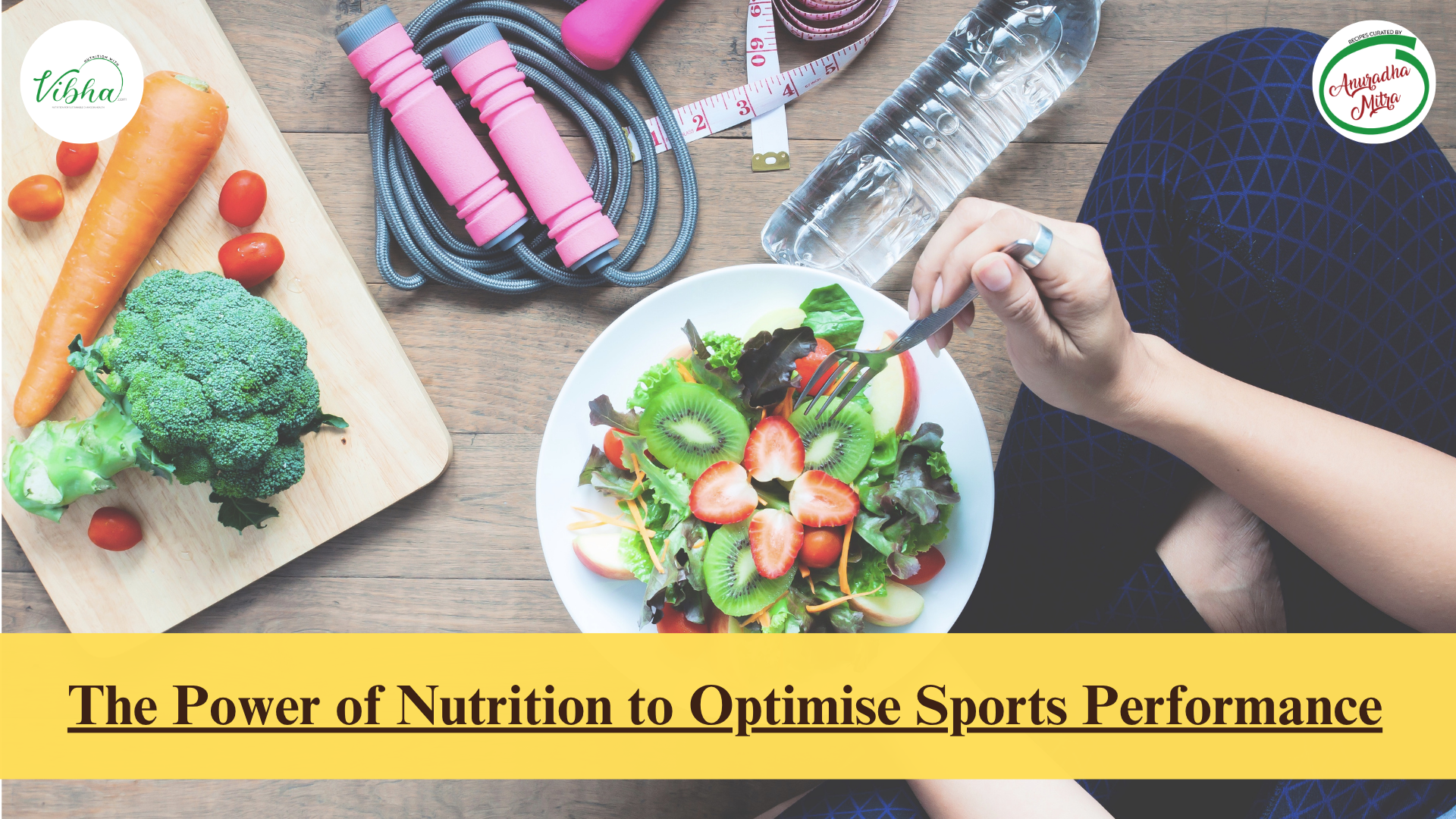Cinnamon- The Wondrous Wood!
The wonder of a wood! Cinnamon is one of the common spices profoundly seen in Indian kitchens, commonly known as Dalchini. It is natively grown in India, Sri Lanka, Bangladesh, and Myanmar. It has been used for centuries in traditional medicine and as a flavoring agent in food and beverages. True cinnamon has a sweet, warm flavor and aroma, making it popular in many dishes and desserts. In India, cinnamon is also known for its medicinal properties, which can help with digestion, reduce inflammation, and even improve heart health.
Who would have thought that the bark of a tree would contain immense beneficial properties? So if you’re looking for an easy way to add extra flavor to your meals or drinks while getting some health benefits too- look no further than cinnamon!
Cinnamon tree shoots are harvested and the bark of the shoot is shaved till the moist part of the bark is exposed. This part is then dried and takes the curled shape of our cinnamon sticks. Cinnamon bark contains vital oils and other compounds that have a protective role in the body’s physiology. Let us list the health benefits of the derivatives present in cinnamon.
Health Benefits of Cinnamon Derivatives
1. Antioxidant and antioxidant properties of cinnamon :
Individuals who are smokers, meat eaters, and low consumers of plant-based products. They will usually show signs of high oxidative stress that impacts their organs and respiratory capacity. The compounds like eugenol, and linalool present in cinnamon can help in reducing the oxidative species or the harmful elements. This will help in lowering the damage to the body.
In times of inflammation, the body produces excess nitric oxide which causes oxidative stress. Cinnamon has a role to deplete this nitric oxide accumulation in the body. For patients with inflammatory disorders such as IBD, infections, or allergies, cinnamon will help in promoting healing. It also helps in improving appetite by inhibiting the factors that impact the hunger response.
ORAC score is a measure of antioxidant capacity in several ingredients. Cinnamon is one of the ingredients with a high ORAC score. 2-3 g of cinnamon powder can be consumed every day.
2. Prevention of NCD (Non-communicable diseases) :
The chances of NCDs rise with high stress inside the body. (NCD- Non-communicable diseases/ lifestyle diseases). Several lifestyle diseases like diabetes, cardiovascular diseases, cancers of certain types, high cholesterol, and blood pressure issues. These diseases are on the rise leading to mortality, and it is important to focus on prevention of the same. Let us look at how cinnamon has proven itself to be effective against NCDs.
- Cinnamon is seen to inhibit tumor formation and is also used in the treatment of colon cancer.
- Cinnamaldehyde is one compound in cinnamon that has a protective action on the cardiovascular system.
- Along with cinnamaldehyde, cinnamic acid, eugenol and cinnamate present in cinnamon has Anti-obesity effects. It reduces the hunger response, fat production, and excessive fat absorption in the intestine.
- Cinnamaldehyde in cinnamon has vasodilation effects that help control blood pressure.
Several other functional foods such as turmeric, berries, cinnamon, veggies, and fruits help in the prevention of lifestyle diseases.
3. Blood sugar regulation :
Cinnamon contains oils and tannin compounds that can work similarly to certain diabetic medications. Cinnamon should be used for the prevention of type 2 diabetes in pre-diabetic people. It can improve insulin sensitivity and action in the body and improve blood sugar metabolism. For diabetic individuals consuming moderate amounts of cinnamon can improve the results along with the medications.
Studies show that cinnamon has an anti-diabetic effect as well as anticancer properties. Further, compounds called phenolic and flavonoids present in cinnamon inhibit the production of harmful elements (AGEs) usually seen in diabetic complications.
4. Neurological and Cognitive benefits :
The prevalence of previously rare neurological disorders is rising. Disorders like Alzheimer’s, and Parkinson’s are now commonly seen. Several studies indicate the deficiency of nutrients, and exposure to environmental harmful elements are causing early brain damage. Few studies indicate that a functional food-rich diet can help in the prevention of neurological damage.
Cinnamon is one such functional food used in the treatment of neurological disorders. It has been shown to improve the results along with the pharmacological treatment. Compounds present in cinnamon are shown to have neuroprotective effects.
5. Pro-Immune benefits of cinnamon :
Cinnamic acid in cinnamon shown to inhibit pro-inflammatory molecules. Thus, reducing the activation of unnecessary immune responses in the body. This prevents the loss of immunity and protects in times of need. For cough and cold, Cinnamon, clove, and ginger, these ingredients have been used since medieval times. It has been shown to have compounds that help in fighting off germs.
Cinnamon oil has been studied to work against bacterial, fungal, and yeast species. This indicates that oil contains antimicrobial and antifungal benefits that promote healing and prevent infections.
6. Cinnamon for a better gut :
Ingredients like cinnamon, ginger, probiotics, seeds, and healthy oils are therapy for the gut. With a poor diet and a sedentary lifestyle, the good gut bacteria are destroyed and replaced with bad gut bacteria. Common symptoms like irregular bowel (IBS), bloating, and indigestion are a sign of poor gut health.
Cinnamon can be used as a therapy to improve gut status, it reduces inflammation, prevents tissue damage, and initiates healing. In diseases like IBD, and ulcerative colitis, cinnamon is used along with medications for better results.
How to use cinnamon in your daily diet?
1. Add cinnamon to your herbal tea:
Simmer your tea with cinnamon, ginger, and basil leaves, and top it up with lemon and honey. A great drink to start your day is excellent for metabolism and weight loss. Also has a role in controlling blood sugars, and lowering cholesterol.
Remember to infuse your cinnamon by simmering and not boiling. As excessive boiling can destroy the flavonoids present in them. (Flavonoids are plant compounds beneficial for health)
2. Include Cinnamon bark powder in your spice dabba :
Cinnamon bark as it is or a few pinches of bark powder can escalate your flavors in the curries or vegetable dishes. Cinnamon is considered one of the mandatory spices in North Indian dishes. It adds up to the exuberant aroma and flavor. Cinnamon can also be added to warm soups and smoothies.
3. Grate the cinnamon bark over your sweet dishes for a twist :
This is done in various world cuisines and is a creative way to introduce cinnamon into your diet. A few sprinkles of cinnamon on your stewed fruits, porridge, smoothies, cakes, or vanilla muffins can enhance the sweetness. Cinnamon brings a twist packed with phytonutrients to your regular desserts.
4. Marinate your meat/ cottage cheese with spices including cinnamon powder :
While adding different spices to the paste to marinate the meat or paneer, include cinnamon as well. This packs the recipe with potential health benefits and adds a burst of flavor to the dish.
You can innovate with your skills and create various ways to add cinnamon to your recipes. This powerful ingredient is a blessing to your health.
5. Cook rice and pulaos with a tempering of whole cinnamon :
It adds to the flavor and gives its various benefits too!
6. Mixed in warm water:
1/4th -1/2 tsp mixed in warm water in the morning is another way to consume it.
NOTE
- Individuals on medications for hypertension, and diabetes should be careful and consume only small and moderate amounts of cinnamon. While the consumption of cinnamon can regulate blood sugars well, you must discuss it with the doctor and the nutritionist to ascertain the right amounts for you. A check needs to be kept on blood sugars, especially in those who are taking medications, to prevent a decrease in blood glucose levels.
- Cassia is a type of cinnamon also called Chinese cinnamon. In the Indian market, it is commonly referred to as Taj. Remember that this is not the true cinnamon (i.e. Ceylon cinnamon/ Dalchini). Let us look at the difference between the two.

| Taj (Cassia/ Chinese cinnamon) | Dalchini (Ceylon/True cinnamon) |
| Grown in Sri Lanka and south India High in cinnamaldehyde Safe for daily consumption Light brown in color Less bitter and sweet aromatic smell More expensive Safe for prolonged consumption, it contains a minuscule amount of coumarin. | Grown in Sri Lanka and south India High in cinnamaldehyde Safe for daily consumption Light brown in color Less bitter and sweet aromatic smell More expensive Safe for prolonged consumption, it contains a minuscule amount of coumarin. |
We at Nutrition with Vibha, aim at empowering our audience with the right information. To learn about more such topics, do visit our blogs regularly. You can also write to us at nutritionwithvibha@gmail.com with your queries, concerns, or need for Consultations.
Stay informed and keep up with your health with us!





